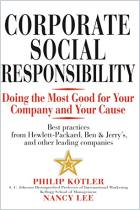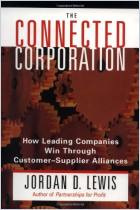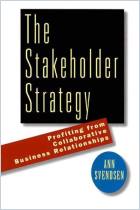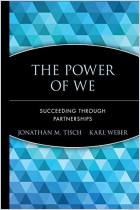
The Collaboration Challenge
How Nonprofits and Businesses Succeed through Strategic Alliances
Recommendation
In a seamlessly written and organized book, James E. Austin introduces corporate America to the benefits of collaboration with non-profit organizations, both to communities and to the for-profit companies themselves. The book presents examples of 15 successful collaborations that may inspire you to act, and describes a three-stage model for building such partnerships that will show you how. The relationships described here could well serve as models for the 21st century community, and the some of the results that companies and non-profits achieved from their interaction will be a surprise. getAbstract recommends this groundbreaking book (which is focused primarily on U.S. concerns) to corporate leaders who feel that civic duty compels them to step in where government support is fading, as well as to those with less altruistic motives, but a desire to improve their company’s image and public standing.
Summary
About the Author
James E. Austin is the John G. McLean Professor of Business Administration at Harvard University Graduate School of Business Administration and chair of the Harvard Business School Initiative on Social Enterprise. His teaching specialties include social entrepreneurship, strategic management of non-profits, and non-profit board governance. He is also the author of 15 books, including Managing in Developing Countries and Strategic Management in Developing Countries.

























Comment on this summary or Diskussion beginnen